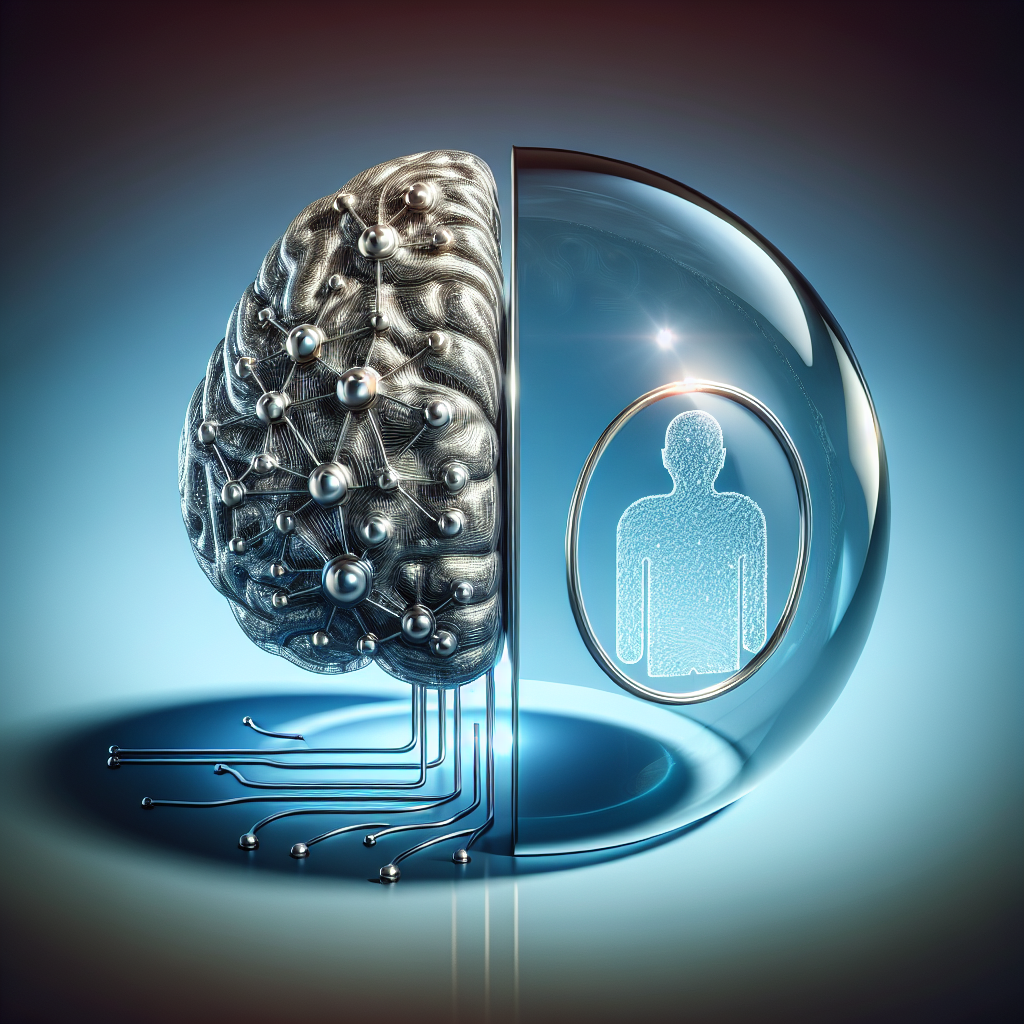Introduction
Artificial Intelligence (AI) has become an integral part of our daily lives, from virtual assistants like Siri and Alexa to recommendation algorithms on social media platforms. While AI offers numerous benefits in terms of convenience and efficiency, it also raises concerns about individual privacy. As AI technologies continue to advance, it is important for individuals to understand the impact of AI on their privacy and take steps to protect their personal information.
The Impact of AI on Individual Privacy
1. Data Collection and Privacy Concerns
One of the main concerns surrounding AI is the vast amount of data that is collected and analyzed to train machine learning algorithms. This data can include personal information such as location data, browsing history, and social media activity. While this data is often used to improve AI systems and provide personalized recommendations, it also raises privacy concerns.
2. Surveillance and Monitoring
AI technology is increasingly being used for surveillance and monitoring purposes, from facial recognition systems in public spaces to algorithms that track online behavior. While these systems can be used for security and law enforcement purposes, they also raise concerns about invasive surveillance and the potential for abuse.
3. Bias and Discrimination
AI algorithms are not immune to bias, as they are often trained on data that reflects existing societal biases. This can lead to discriminatory outcomes, such as biased hiring decisions or targeted advertising based on race or gender. It is important for individuals to be aware of these biases and advocate for more transparent and fair AI systems.
4. Privacy Risks in Healthcare
AI has the potential to revolutionize healthcare by improving diagnostics and treatment outcomes. However, the use of AI in healthcare also raises privacy concerns, as sensitive medical data is often involved. It is important for individuals to understand how their data is being used and ensure that proper security measures are in place to protect their privacy.
5. Lack of Transparency
One of the challenges of AI is the lack of transparency in how algorithms make decisions. This can make it difficult for individuals to understand why certain recommendations are being made or how their data is being used. It is important for companies to be more transparent about their AI systems and provide individuals with the information they need to make informed choices about their privacy.
FAQs
Q: How can individuals protect their privacy in the age of AI?
A: There are several steps individuals can take to protect their privacy in the age of AI. This includes being mindful of the information they share online, using privacy settings on social media platforms, and being cautious about the apps and services they use. It is also important to read privacy policies and terms of service carefully to understand how your data is being used.
Q: Are there laws in place to protect individual privacy in the age of AI?
A: There are laws in place to protect individual privacy, such as the General Data Protection Regulation (GDPR) in Europe and the California Consumer Privacy Act (CCPA) in the United States. These laws regulate how companies collect, use, and store personal data and give individuals more control over their information.
Q: How can individuals advocate for more transparent and fair AI systems?
A: Individuals can advocate for more transparent and fair AI systems by supporting organizations and initiatives that promote ethical AI practices. This includes advocating for regulations that protect privacy and prevent bias, as well as supporting research and development of AI technologies that prioritize transparency and fairness.
Conclusion
As AI continues to advance, it is important for individuals to understand the impact of AI on their privacy and take steps to protect their personal information. From data collection and surveillance to bias and discrimination, there are numerous challenges to address in order to ensure that AI technologies are used ethically and responsibly. By being informed and advocating for more transparent and fair AI systems, individuals can help shape the future of AI in a way that respects privacy and protects individual rights.

